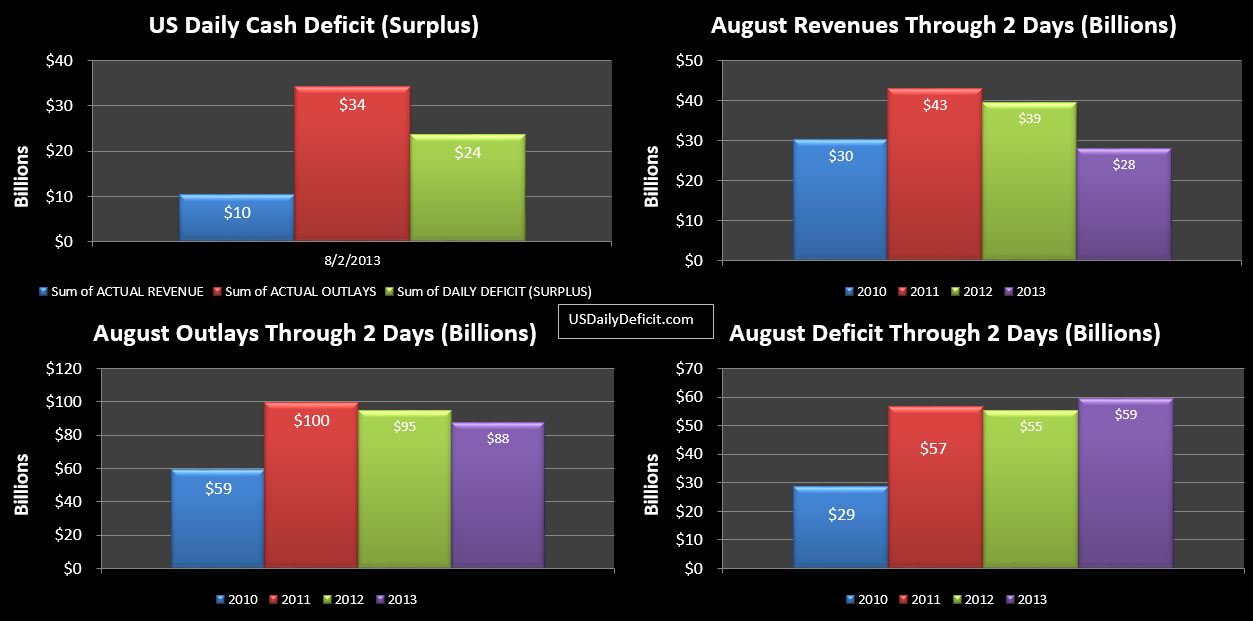I stumbled across this series a few months ago and have started digging into the July issue released yesterday to see if there is anything interesting. Well…interesting is probably not the right word…but I think you know what I mean.
The MSPD gives us some insight into the makeup of the public debt…giving us a summary all of the outstanding debt…from the $40B of 1 month bills issued 7/25 at 0.02% to the $10.5B of 30 year bonds issued back in 1985 at 11.25%…a rate that is 562.5X higher than the current one month. That’s interesting right?
First…some thoughts. The treasury bills (0-12 months) are not particularly interesting at this point in time. The average rate on the $1.6T outstanding is less than 0.1%, and as discussed in a prior post….the interest paid annually on this is something like $1.5B. The rate paid could double, triple, or even grow 10X, and it would still more or less be a rounding error. So…I look at it, but until the rate gets up past 0.5% or so…it’s just not material. Why would anyone lend Uncle Sam $1.6T at effectively zero? I have no idea!!
Bonds… the 30 year securities…we don’t get a lot of movement here. They are only issued every 3 months, and none are due until 2015. The average rate on the $1.4T outstanding is around 6%, though the latest issue back on 5/15/2013 was at 2.88%. It will be interesting to see what the new August issues go for…looks like it may be over 3.5%. That’s a pretty big hike, but still well under the average of the bonds outstanding, including everything issued after 2011. Of the bonds expiring in the next 3 years, the average is about 10%…so rolling those into new bonds today would result in a reduction of annual interest expenses.(but who knows what they will be in 3 years)
Notes (2-10 years)… This is where all of the action is….we have notes expiring and being issued each and every month, and the balance…at $7.7T makes up 64% of the public debt outstanding. In July, we had $94B of notes expire. Since of course the US never actually pays off debt…they just roll it…it is interesting to see what is rolling off, and what it is being replaced with.
So… In July, we have a 2 year issued at 0.38% roll off…and we had two new 2 year issues…averaging 0.31%. √
A 3 year at 1% rolled off…and a new 3 year was issued at 0.63%. √
And… a 60 month at 3.38% rolled off…replaced by a 60 month at 1.38%…a big improvement. √
And this has been the story over the last 3 years or so. Debt outstanding is increasing at around $1T per year, but the interest rates are being driven down by Fed manipulation. So..in July 2011, the cash interest paid over the prior 12 months was $204B on 9.8T of public debt outstanding. 2 years later…the cash interest paid on 11.9T of public debt was only$218B. This could continue on for a few more years…even as rates have bounced off some extraordinary lows…they are still extremely low historically speaking.

